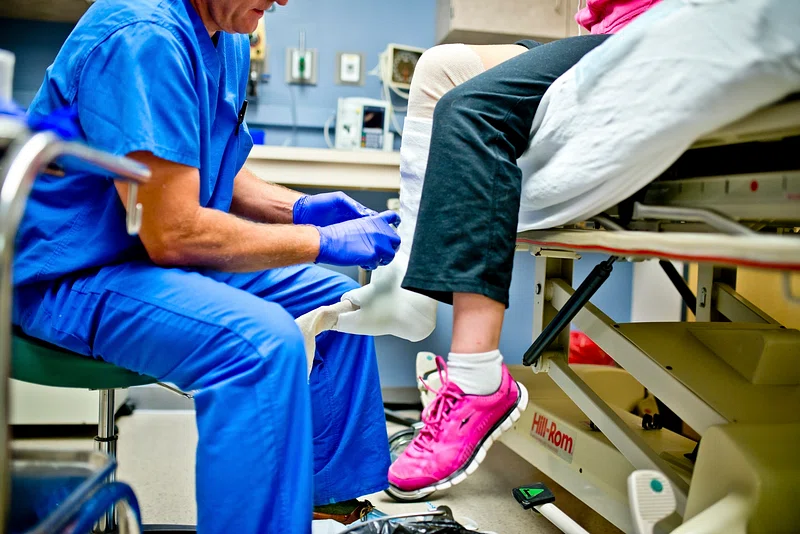Orthopedic health encompasses the muscles, bones, joints, ligaments, and tendons that provide structural support and mobility to the body. These interconnected systems do more than enable movement. They also influence overall well-being by impacting physical, mental, and functional health. Here is more information on how orthopedic health plays a key role in maintaining an active lifestyle and supports general well-being:
Physical Health and Mobility
Orthopedic health directly affects mobility and physical functionality. Healthy bones, muscles, and joints allow stable, pain-free movement, enabling individuals to perform daily activities without limitations. Mobility challenges arise when orthopedic injuries or conditions, such as arthritis or fractures, occur. Restricted movement often leads to secondary health concerns, including weight gain, cardiovascular stress, or reduced muscle mass.
Bone health, in particular, plays a foundational role in physical strength and endurance. Strong bones support muscle attachment, enabling efficient movement. Muscles and tendons aid in balance and stability, both of which decrease risks associated with falls and injuries. Maintaining mobility starts with proactive care. Regular physical activity, good posture, and targeted strength-building exercises are all effective ways to support orthopedic health.
Mental Health and Quality of Life
Orthopedic health influences mental well-being through its connection to physical activity. Movement stimulates the release of endorphins, a natural process that reduces stress and promotes feelings of well-being. Joint pain, discomfort, or reduced mobility resulting from issues often discourages physical movement, indirectly contributing to mood disturbances or feelings of isolation.
Certain conditions may also impact mental well-being directly. Chronic pain conditions have been associated with an increased likelihood of stress and anxiety. People living with limited mobility sometimes experience restricted social engagement, leading to feelings of loneliness. The ability to move freely plays a significant role in promoting independence and active participation in personal and social activities, further influencing mental health positively. Integrating practices such as stretching or simple ergonomic adjustments can help reduce discomfort and promote engagement in regular activity.
Functional Health in Daily Life
Orthopedic health is integral to completing routine tasks at work or home. Strong and functional joints, ligaments, and muscles reduce physical strain during prolonged lifting, walking, or sitting. Conversely, poor health could impair functional efficiency. Repetitive strain injuries, from incorrect posture or frequent heavy lifting, may interfere with occupational tasks.
Certain professions and lifestyles place additional demands on orthopedic systems. Joint and muscle endurance is significant for employees in physically demanding roles. Desk workers benefit from good spinal alignment and posture to reduce the risk of conditions such as lower back pain or cervical strain. Proactively minimizing strain and making ergonomic improvements to daily setups can reduce potential orthopedic stressors, promoting long-term functional health across work and daily environments.
Find an Orthopedic Specialist
Orthopedic health contributes to overall well-being in multiple ways, including by supporting physical mobility, promoting mental wellness, and facilitating efficient functionality in everyday tasks. Taking proactive steps to support orthopedic health may improve the ability to remain active, independent, and fully engaged in work and personal life. These simple measures can create lasting benefits to both body and mind.
- mylovelyfurryfriend discover expert tips on dog health
- Infectious Diseases Updates – Stay Informed, Stay Protected!
- Wegovy For Weight Loss – A Breakthrough in Managing Obesity!
- Emergency Medicine Forum – A Hub for Fast-Paced Knowledge, Support & Updates!
- Pediatrics Discussions – Insights, Challenges, and Expert Advice for Better Child Health!





Leave a Reply